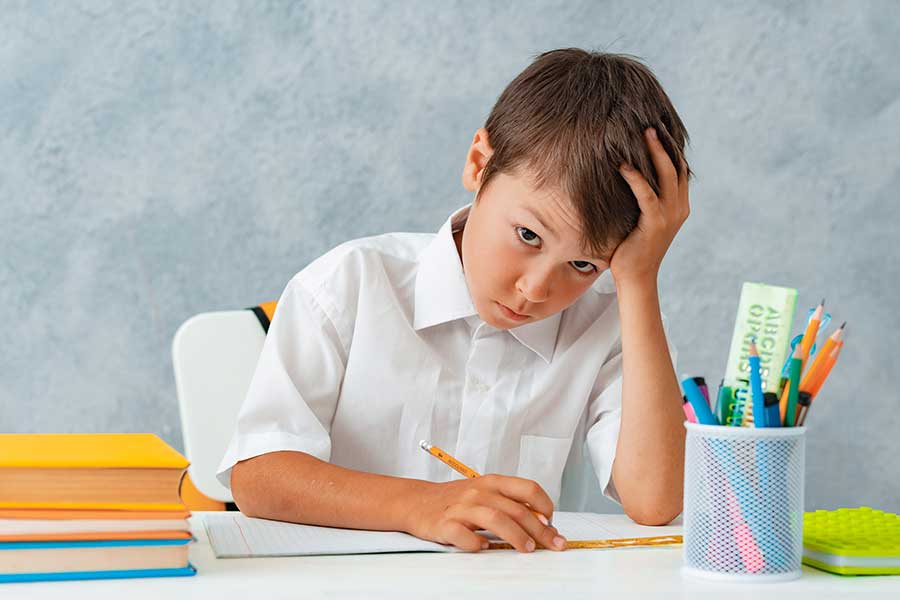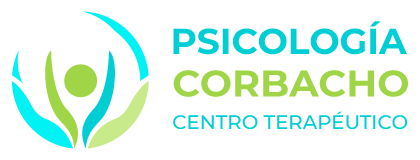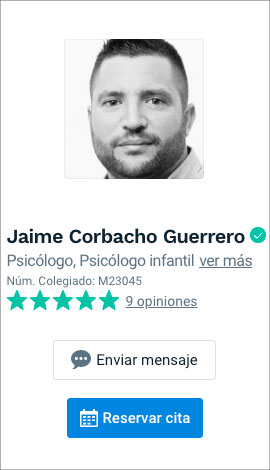Therapies






Table of contents
Having trouble paying attention, acting without thinking about the consequences of their actions, or being overly active may be indicative of ADHD. Although there is no cure for this disorderIt is possible to control it effectively and improve many of its symptoms as the child grows older.
What is ADHD and how is it treated?
The attention deficit hyperactivity disorder (ADHD) is a condition that affects the ability to concentrate, control impulses, and regulate activity. According to the CDC, it is one of the most common neurodevelopmental disorders in childhood and can persist into adulthood.
The symptoms of ADHD can vary depending on the type of ADHD. (predominantly inattentive, predominantly hyperactive-impulsive or combined) and the age of the person. It is normal for children to have difficulty concentrating and behaving well from time to time. However, Children with ADHD do not outgrow these behaviors as they get older.. Symptoms last and can cause difficulties at school, home or with friends.
Some of the most common signs are:
- Difficulty paying attention to details or making careless mistakes.
- Fantasize a lot.
- Problems maintaining focus on tasks or games.
- Squirming or fidgeting.
- Disorganization and forgetfulness, losing things too often.
- Restlessness, agitation or difficulty sitting still.
- Excessive talking or interrupting others.
- Acting without thinking or measuring the consequences and taking unnecessary risks.
- Having difficulty empathizing with others.
ADHD can affect children's academic performance, social relationships and self-esteem. suffering from it. In addition, may be associated with other problems or disorderssuch as anxiety, depression, learning disorder or oppositional defiant disorder.
Types of ADHD
Depending on the symptomatology of each person, ADHD can present in different ways:
- Predominantly inattentive: It is difficult for the person to organize or complete a task, pay attention to details, or follow instructions or conversations. The person is easily distracted or forgets details of daily routine.
- With predominance of impulsivity or hyperactivity: the person moves with great excitement, is restless and talks excessively. It is difficult for the person to sit still or sit for long periods of time (e.g., for eating or while doing homework). Younger children may run, jump or climb continuously. The person is always nervous and has problems with impulsivity. Frequently interrupts others, takes things that belong to others without permission, or speaks at inappropriate times. It is difficult for the person to wait his or her turn or listen to instructions. An impulsive person tends to have more accidents and injuries than others.
- Combined presentation: all the symptoms of the previous forms are manifested in the person.
Since symptoms may vary over time, the ways in which the disorder presents itself may also change over time.
Causes of ADHD
Attention deficit hyperactivity disorder (ADHD) is a condition that affects cognitive, emotional and behavioral functioning in some people. The scientific causes of ADHD are not entirely clear.It is believed that there are several factors that influence its development.
Some of these factors are:
- Genetics: ADHD has a hereditary componentwhich means it can be passed from parent to child. Several genes have been identified that may be related to ADHD, although it is not known exactly how they affect the brain and behavior.
- Neurobiology: ADHD is associated with alterations in the structure and functioning of some brain regions, especially those that regulate attention, impulsivity and self-control. These alterations could be due to an imbalance in the levels of certain neurotransmitters, such as dopamine and noradrenaline, which are chemical substances that transmit information between neurons.
- Environmental: ADHD can also be influenced by environmental factors, such as exposure to toxic substances during pregnancy or childhood, stress, trauma, lack of stimulation or educational style. These factors can affect brain development and the learning of social and emotional skills.
ADHD is a complex and multifactorial conditionwhich requires individualized assessment and intervention. There is no single cause or definitive cure for ADHD.However, different strategies can be applied to improve the quality of life of sufferers and their families.
How is ADHD diagnosed?
The diagnosis of ADHD is based on a comprehensive evaluation. which includes interviews, questionnaires, observations and psychological tests. There is no single or definitive test to confirm ADHD.Rather, clinical judgment based on established criteria is required.
Deciding whether a child has ADHD is a multi-step process.. There is no single test to diagnose ADHD and there are many other problems, such as anxiety, depression and certain types of learning disorders, that can have similar symptoms.
What is the treatment of ADHD?
ADHD treatment aims to reduce symptoms, improve functioning, and prevent complications. For this purpose, different strategies can be employed, such as:
- Medication: There are drugs that act on the central nervous system and help regulate attention, impulsivity and activity. The most commonly used are stimulants, such as methylphenidate or amphetamine, but there are also other non-stimulant options. Medication should be prescribed and supervised by a medical specialist.
- Psychological therapy: consists of applying cognitive and behavioral techniques to teach the child organizational, planning, self-control and problem-solving skills. It can also work with parents and teachers to offer management guidelines and support to the child. Therapy can be individual, group or family therapy.
- Educational interventions: refer to adaptations or modifications that can be made in the school environment to facilitate the learning and behavior of the child with ADHD. Examples include simplifying instructions, shortening tasks, positively reinforcing effort and achievement, avoiding distractions, or providing visual supports.
ADHD is a complex disorder that requires a multidisciplinary and individualized approach.. There is no definitive cure for ADHD, but with proper treatment, the quality of life of sufferers and their families can be improved.
In Psicología Corbacho we are specialized in the treatment of ADHD and we are experts in behavioral therapy. We are here to help you, do not hesitate to contact us to receive the guidance and professional advice we can offer you.


